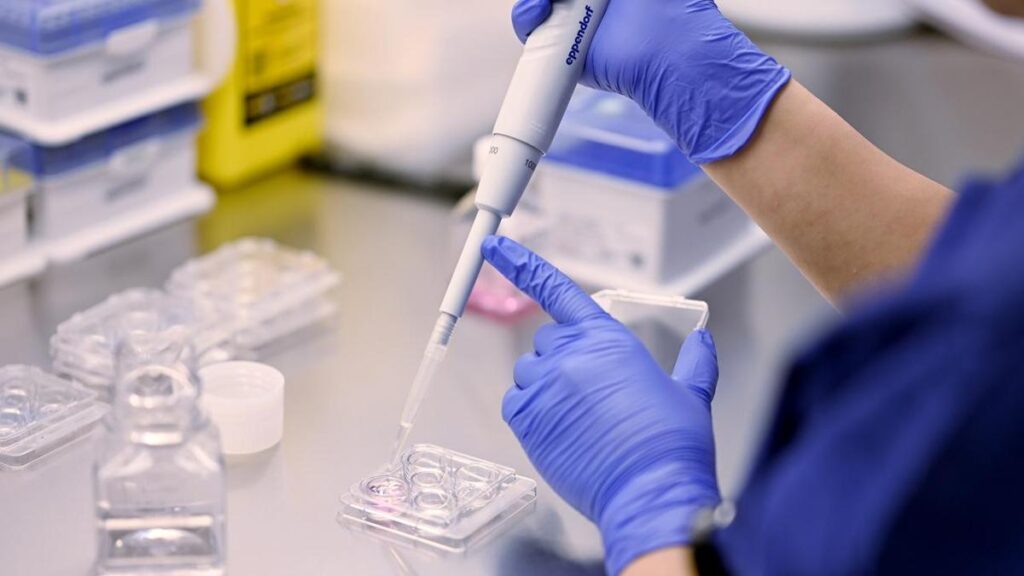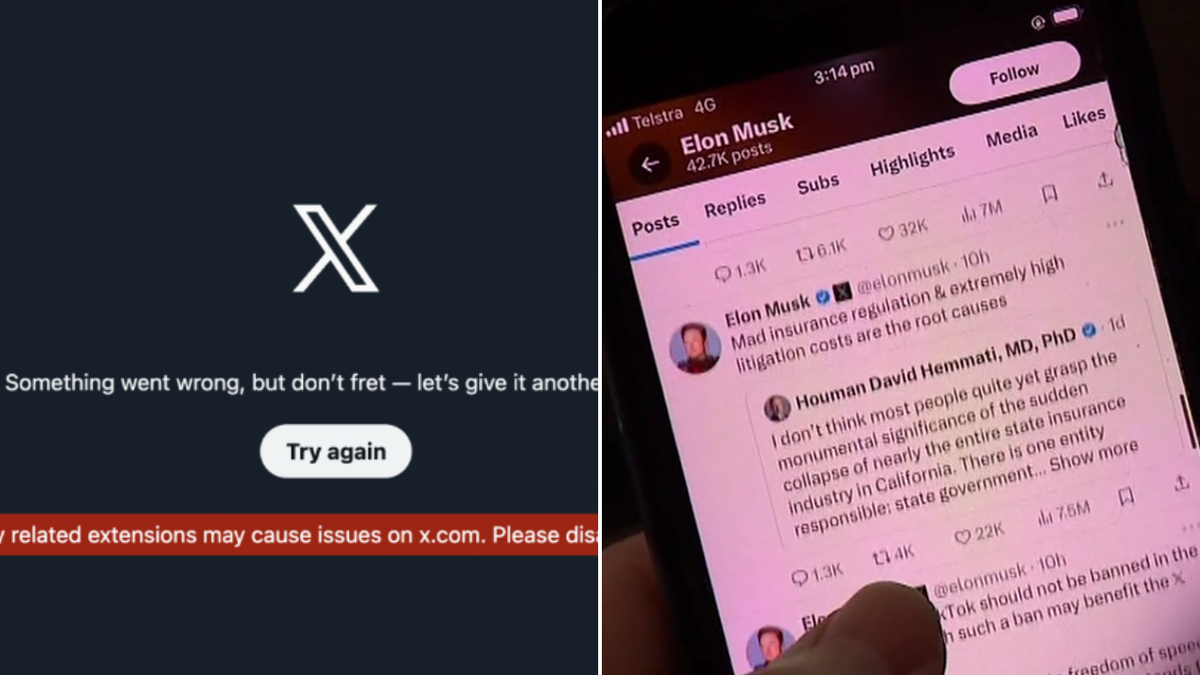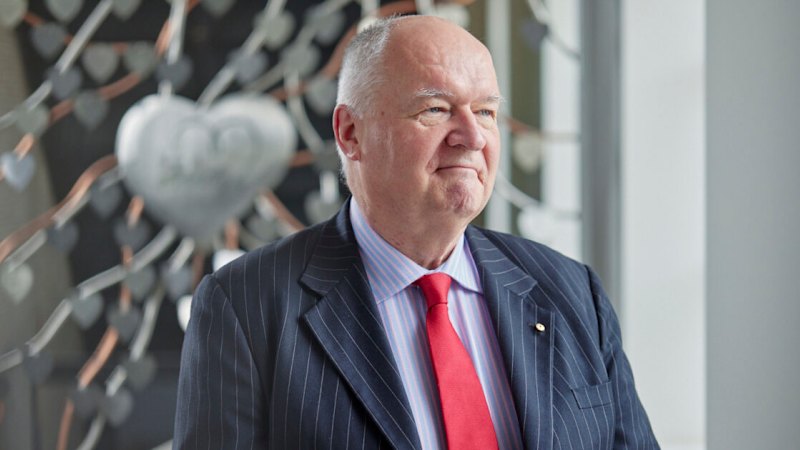
Experts are urging for increased funding in women’s health research to address a significant gender health gap. This call comes as the federal government announced a commitment of $573 million to enhance various aspects of women’s health, including long-term contraceptive options and the expansion of endometriosis and pelvic pain clinics. The initiative coincides with Women’s Health Week, which runs from Monday to Friday, aiming to raise awareness on critical health topics affecting women, such as heart health and effective communication with healthcare providers.
Despite the substantial funding allocation, experts highlight a persistent issue: the chronic underfunding of women’s health research. According to Matt Kemp, chief scientist at the Women and Infants Research Foundation, women have historically been excluded from clinical trials, leading to misdiagnoses and delayed treatments. He noted that this exclusion persisted until the late 1980s in the United States, where drug trials routinely omitted women of childbearing age.
“It’s a challenge that requires not just more resources but a much greater degree of public awareness to deal with the significant health gap between men and women,” Professor Kemp stated in an interview with AAP. He emphasized that while increased funding is necessary, a comprehensive societal approach involving both government and private industry is vital for meaningful progress.
Growing concerns about maternal health are underscored by a Flinders University study, which reveals that women in Australia, the United States, and the United Kingdom are increasingly delaying childbirth. The average age for first-time mothers has risen, with many now starting families at 35 years or older. Although older mothers tend to engage more with prenatal care, they also face heightened risks of complications, such as gestational diabetes and high blood pressure.
Dr. Anya Arthurs, the lead author of the study, pointed out that these trends raise important questions about how maternity care systems are adapting to the needs of older mothers. “We’re seeing increased rates of complications among older mothers, which raises important questions about how maternity care systems are adapting,” she explained.
Furthermore, women’s health extends beyond reproductive issues. More than half of Australian women reportedly live with a chronic health condition. In response, September 1 will mark the first National Day of Awareness for Young Women’s Breast Cancer, established by the charity So Brave. The initiative follows a campaign advocating for free breast cancer diagnostic tests, as many young women are postponing necessary scans due to financial constraints.
Founder Rachelle Panitz plans to meet with federal politicians to discuss making access to diagnostic services more affordable. “People put these scans off, and that can lead to worse outcomes,” she remarked, highlighting the exacerbating effects of the current cost of living crisis on health decisions.
The call for increased funding and awareness reflects a broader commitment to close the persistent health gaps faced by women. As Women’s Health Week progresses, the focus will remain on encouraging women to prioritize their health and wellbeing while advocating for systemic changes in research funding and healthcare access.






